
All promotions and appointments will take effect July 1, 2025.

Empowering systemic racism research at MIT and beyond
Researchers in the MIT Initiative on Combatting Systemic Racism are building an open data repository to advance research on racial inequity in domains like policing, housing, and health care.

The approach can detect anomalies in data recorded over time, without the need for any training.
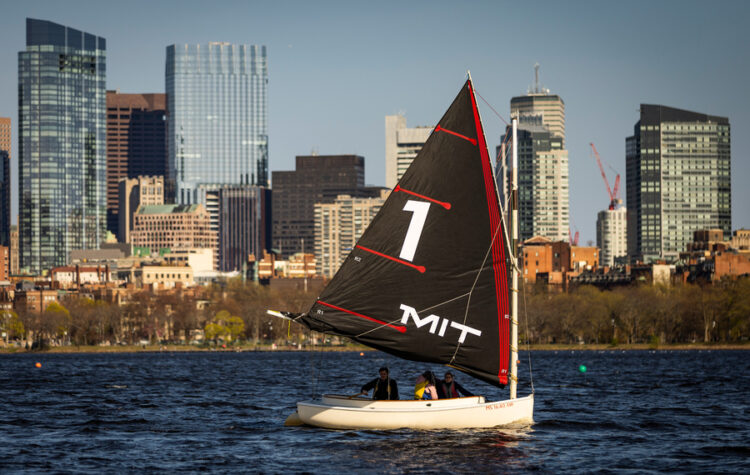
Ranking at the top for the 13th year in a row, the Institute also places first in 11 subject areas.
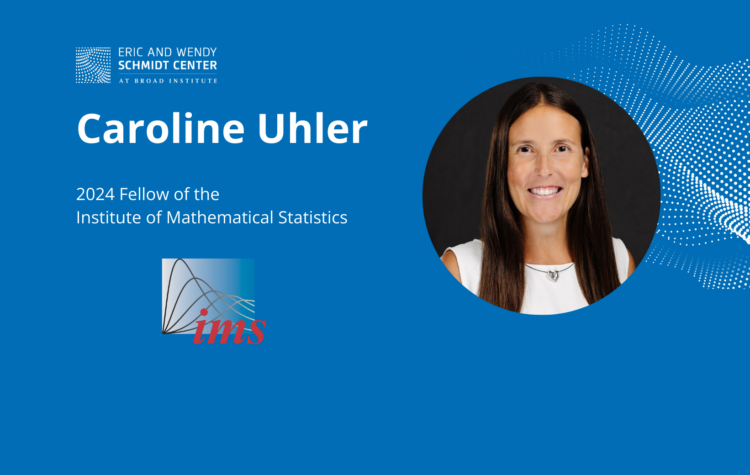
Caroline Uhler named IMS Fellow
The Institute of Mathematical Statistics (IMS) fosters the development and dissemination of the theory and applications of statistics and probability.
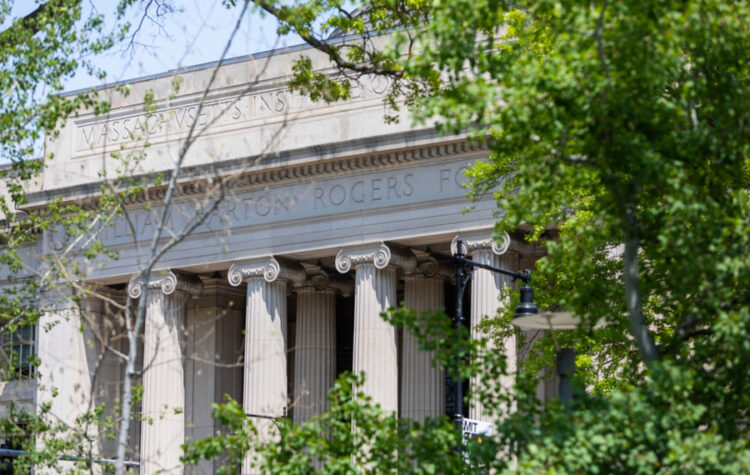
The Institute also ranks second in five subject areas.
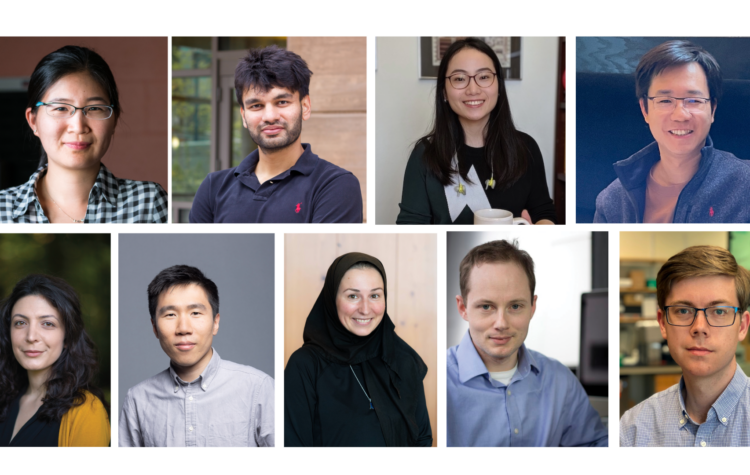
Department of EECS Announces 2024 Promotions
The Department of Electrical Engineering and Computer Science (EECS) is proud to announce multiple promotions.
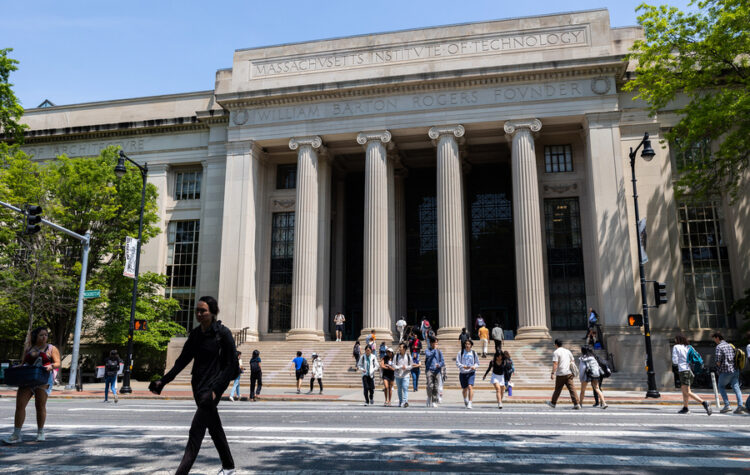
MIT group releases white papers on governance of AI
The series aims to help policymakers create better oversight of AI in society.
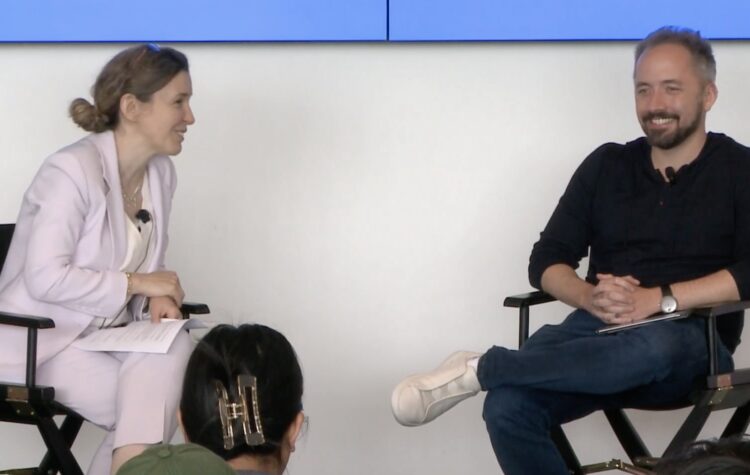
EECS Alliance Roundup: 2023
Founded in 2019, The EECS Alliance program connects industry leading companies with EECS students for internships, post graduate employment, networking, and collaborations. In 2023, it has grown to include over 30 organizations that have either joined the Alliance or participate in its flagship program, 6A.
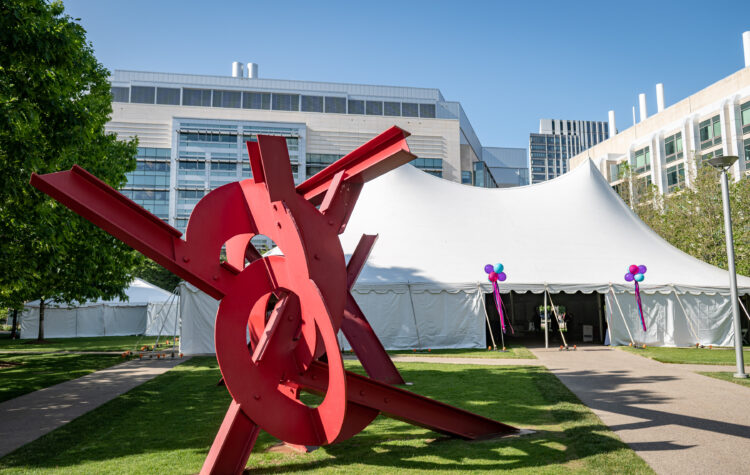
2023-24 EECS Faculty Award Roundup
This ongoing listing of awards and recognitions won by our faculty is added to all year, beginning in September.